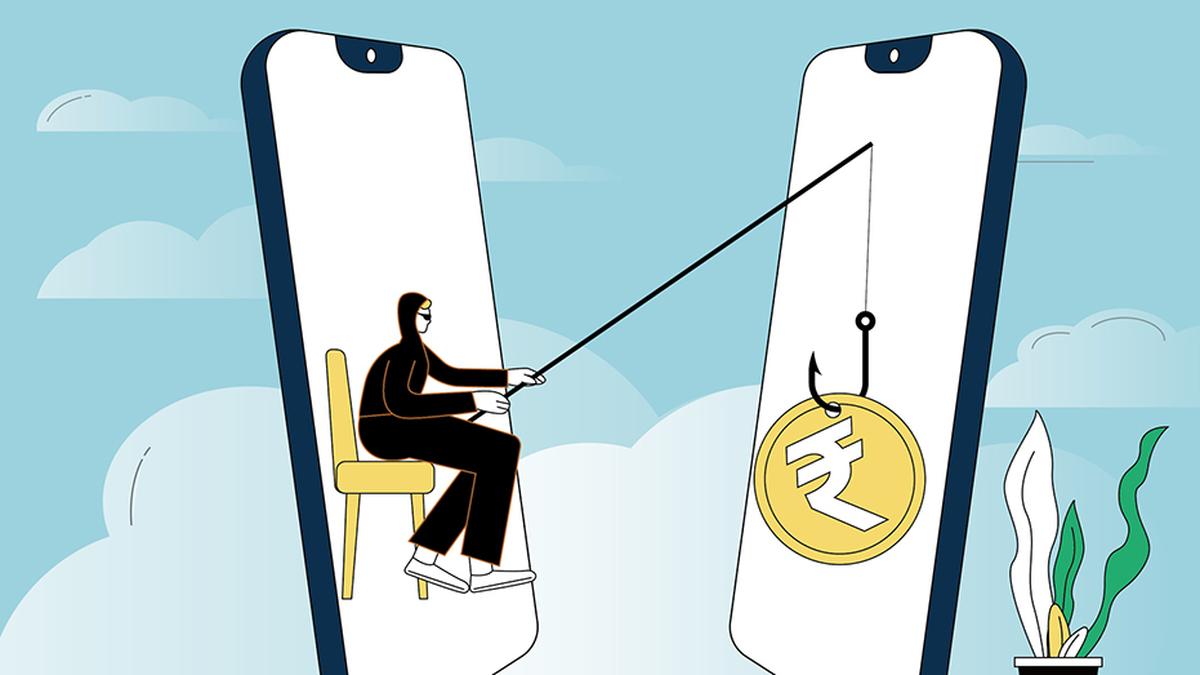
Scammers carrying out sextortion cybercrimes during coronavirus crisis
The IndependentGet the free Morning Headlines email for news from our reporters across the world Sign up to our free Morning Headlines email Please enter a valid email address Please enter a valid email address SIGN UP I would like to be emailed about offers, events and updates from The Independent. Action Fraud, the UK’s national reporting service for fraud and financially-motivated cybercrime, has received 9,473 reports of a sextortion fraudulent phishing racket in April alone with 200 reports made in the last week. Pauline Smith, head of Action Fraud, said: “Sextortion scams are a type of phishing attack where people are coerced to pay a ransom, normally in Bitcoin. “If you receive an email that threatens you, your family, or your property in any way, and asks you to make a Bitcoin payment, don’t take the bait.” The agency urges recipients of the email not to reply to it or click on any links it may include and instead flag it to [email protected] before then going on to delete it. Roberta Liggett O’Malley, the study’s co-author, said: “Sextortion is the use of intimate images or videos that have been captured to then extort compliance from a victim.
History of this topic

Student held in sextortion vase
Hindustan Times
Sextortion on the rise, warns cyber crime wing
Deccan Chronicle'Sextortionists' targeting teens in WA, Consumer Protection warns
ABC)
Online Sextortion Attacks Increased During Pandemic, Demanded Ransom in Cryptocurrencies
News 18
Beware! How Scamsters Are Using Coronavirus To Phish
ABP News
Coronavirus scams revealed in new police warning
NL TimesDiscover Related
















































